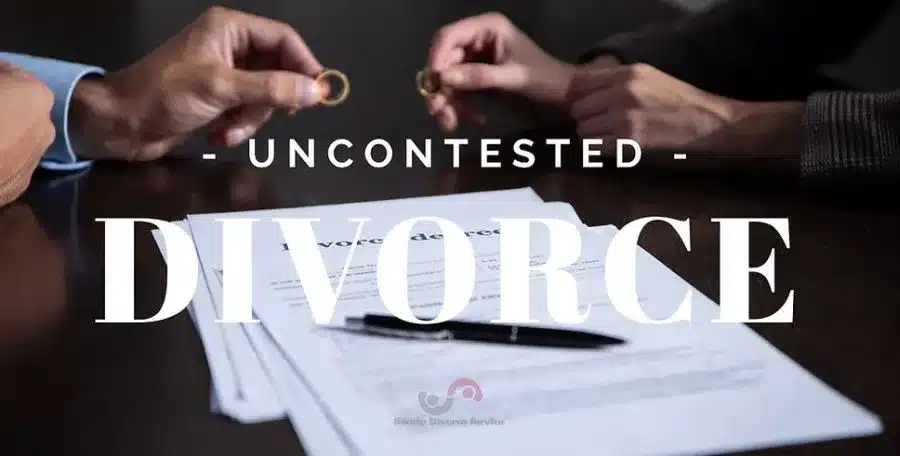In today’s digital age, social media connects us like never before. But for many couples across Texas, platforms like Facebook may be doing more harm than good. At Ready Divorce Service, we’ve seen firsthand how online interactions can spark offline problems—and in some cases, lead directly to divorce.
The Role of Social Media in Modern Marriages
Facebook started as a way to stay in touch with friends and family. But over time, it’s evolved into a place where people share everything—from daily routines to intimate thoughts. That level of constant connection has opened the door to temptation, secrecy, and conflict in marriages.
Some of the most common social media-related issues we see include:
- Reconnecting with former partners
An innocent “friend request” can sometimes turn into emotional or physical infidelity. - Private messaging and online flirting
What starts as casual chatting can easily cross boundaries and erode trust. - Lack of transparency
Hidden messages, excessive screen time, and vague online behavior can cause suspicion and fights. - Comparing relationships
Seeing everyone else’s highlight reels can make you question your own relationship and feel dissatisfied.
Get help with divorce: Texas Uncontested Divorce

Divorce Attorneys Across Texas Are Taking Notice
Across the Lone Star State, social media is becoming a regular feature in divorce proceedings. Screenshots of posts, comments, or private messages are often introduced as evidence—whether to show infidelity, prove income discrepancies, or support custody claims.
If you’re going through a divorce in Texas, it’s important to be cautious about what you post online. What you say or share can be used against you in court.
What This Means for You
If your relationship is suffering due to social media-related issues, you’re not alone. Many couples struggle with the pressure and problems that come from constant digital interaction.
At Ready Divorce Service, we help Texans navigate the divorce process with clarity, compassion, and a focus on your future. Whether your marriage is ending due to Facebook drama or other challenges, we’re here to make the legal side of things as smooth as possible.
❓ Frequently Asked Questions About Facebook and Divorce
1. How common is Facebook-related conflict in divorce cases?
Studies suggest that Facebook is cited in up to one-third of divorce filings as a contributing factor. Many couples experience issues such as jealousy, suspicion, or evidence of infidelity through social media activity.
2. What types of Facebook behavior lead to divorce?
Common triggers include:
- Reconnecting with an ex-partner
- Flirtatious or secretive messaging
- Public arguments or disparaging posts
- Sharing photos or updates that reveal hidden activities or spending
3. Can my social media posts actually be used in court?
- Infidelity
- Hidden assets
- Character or credibility issues
Even deleted content can sometimes be recovered.
4. What should I do with my Facebook during divorce proceedings?
- Tighten privacy settings
- Avoid posting about your personal life or finances
- Consider deactivating your account
- Never discuss the divorce online
- Ask friends and family not to tag you in posts
5. Does stopping Facebook use help?
Reducing or stopping Facebook activity can help prevent misunderstandings and remove temptations that could harm your divorce case. Many attorneys recommend disabling accounts during proceedings.
Need to Talk?
We offer affordable, stress-free divorce services for Texans who are ready to move forward. Reach out today for a free consultation—we’re here to help.
📍 Based in Dallas, proudly serving clients across the Lonestar State.






